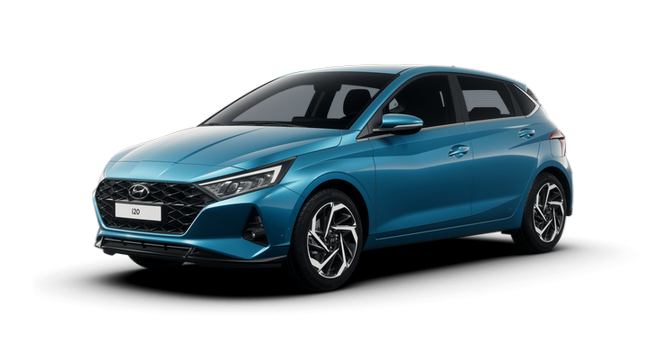Hyundai made the large decision to press pause on advertising its vehicles and brands on Meta’s prominent social platforms. The South Korean automaker, selling millions of cars annually worldwide, eyed concerns over the proliferation of hate speech, misinformation, and other unsafe content that could damage its well-established name.
Injoon Hyun, Hyundai’s global head of branding strategy, expressed worries about “ineffective ad targeting” reaching the desired audiences. With a diverse range of audience interests online, ensuring messages connect with the right crowds in the right ways is paramount for marketing success.
The broad pause impacts advertising campaigns for Hyundai itself as well as affiliated marques like Kia cars. Halting investment across the parent company and subsidiaries shows the seriousness of guarding against inappropriate associations on websites and apps.

Initially set for a minimum of one month, the moratorium allows time for a thorough audit of Hyundai’s existing Facebook and Instagram promotions. Careful examination of where, when, and how ads appear aims to safeguard the family-friendly reputation built over decades of reliability.
Following Hyundai’s similar snubbing of Twitter promotions last fall, this move underscores autos’ intolerance for any placements exposing their name to toxicity, dishonesty, or offense. Billions in annual spending drive automakers’ necessity to closely monitor message controllers.
Meta has struggled to satisfy all that it diligently screens every second of shared videos, words, and images. Whistleblowers last year amplified claims the corporation hesitated to remove misinformation conflicting with “the bottom line.”
Readers know regulations now compel greater responsibility from all tech companies to bar unfit UGC. But past failures and too-narrow definitions of harm still undermine user and client certainty in balanced, accountable moderation.

Losing Hyundai dims hopes to soothe worried spenders, as top 100 advertisers generate over half revenues. Dependence on big-budget marketers leaves significant vulnerabilities if trust weakens industry-wide.
Hyundai poured an estimated $900 million into promotions last year. While specifics remain private, dollars surely flowed to Facebook family apps, so the cutting delivers immediate pain.
Questions around content oversight nothing new for Meta. But current issues come as the E.V. transition creates novel opportunities for propagandists to disseminate climate change counterclaims and fuel change skepticism.
During 2022’s Super Bowl, Hyundai faced backlash over an allegedly “politically biased” commercial some saw as promoting environmentalism. While the brand stated non-partisan intent, the episode highlights brand risks in polarized times.
As Hyundai triples U.S. electric investment to $5 billion by 2025 and spreads Ioniq models, misinformation muddying the science behind emissions cuts could disrupt important messaging connections.
Supply chain issues and raw material price hikes pose threats to E.V.’s growth goals. But perception problems online from objectionable or deceptive materials stand to undermine commitments if left unaddressed.
Meta pledges close cooperation, welcoming audit insights to create safer experiences for users and reassure corporate partners. But rebuilding trust after past deference to profits requires consistent, transparent follow-through on reform.
Hyundai sits sixth on Meta’s client disclosure list but exposure likely exceeds dollars allocated by American heavyweights outspending South Korea’s largest exporter on Facebook properties.
For Meta, losing momentum in the automotive segment jeopardizes dominance and signals the rising costs of laxity that let deception and toxicity overrun integrity protections on platforms.

